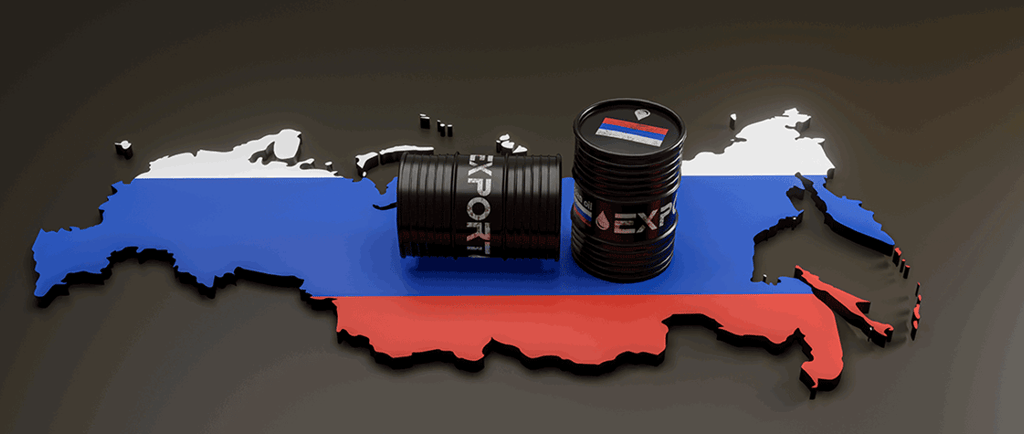India Boosts Russian Oil Imports in August 2025 Amid Global Energy Realignment
India deepens oil trade ties with Russia in August 2025, defying global pressure and securing energy stability amid rising global market volatility.
Raja Awais Ali
8/2/20252 min read


India’s Strategic Move: Continuing Oil Imports from Russia Amid Global Tensions
On August 2, 2025, India officially announced that it will continue purchasing crude oil from Russia, marking a significant economic and geopolitical decision amidst ongoing global instability. As one of the world’s largest economies with steadily rising energy demands, India has increasingly relied on Russian oil to meet its consumption needs. At a time when Western nations—especially the U.S. and European Union—have imposed strict sanctions on Moscow, India’s strategy clearly reflects its commitment to an independent foreign and economic policy.
A spokesperson from India’s Ministry of Petroleum confirmed that the nation is prioritizing its national interest over global pressure. “Russian oil is not only affordable but also provides long-term price stability through structured deals,” the spokesperson stated. This move is seen as India’s effort to shield its economy from global market shocks and inflation by strengthening bilateral trade with Russia.
The updated agreement between the two countries is expected to include payments in Indian Rupees and Russian Rubles, a step aimed at reducing dependence on the U.S. dollar. This localized payment mechanism would help bypass global financial sanctions and foster a more stable trade environment.
Western criticism, particularly from the U.S. and EU, has been swift. These countries are urging India to align with their sanctions on Russia. However, Indian officials have reiterated that decisions are based on domestic economic realities and public welfare—not external pressure or alliances.
This decision could inspire other developing nations to consider similar energy partnerships with Russia, potentially shifting global trade dynamics. For India, it represents a calculated and strategic move that underscores its rising autonomy on the international stage and the desire to diversify energy partnerships for long-term economic resilience.
Russia has welcomed India’s continued support. The Russian Energy Minister stated that energy cooperation with India is expanding and that India remains a “strategic and trusted partner.” Amid increasing Western isolation, India’s stance is seen as both a diplomatic and economic victory for Moscow.
Analysts highlight that India’s growing demand for affordable and consistent energy supplies cannot be ignored. Russian oil, priced lower than many global alternatives, helps India manage inflation, stabilize fuel prices, and ensure uninterrupted economic progress—especially as the country navigates through global economic challenges.
In conclusion, India’s continued oil imports from Russia are more than just a trade decision—they represent a bold, independent stance in global affairs. As New Delhi continues balancing relations with both the West and the East, this move highlights the emergence of a multipolar world where sovereign interests guide international policy over traditional bloc politics.